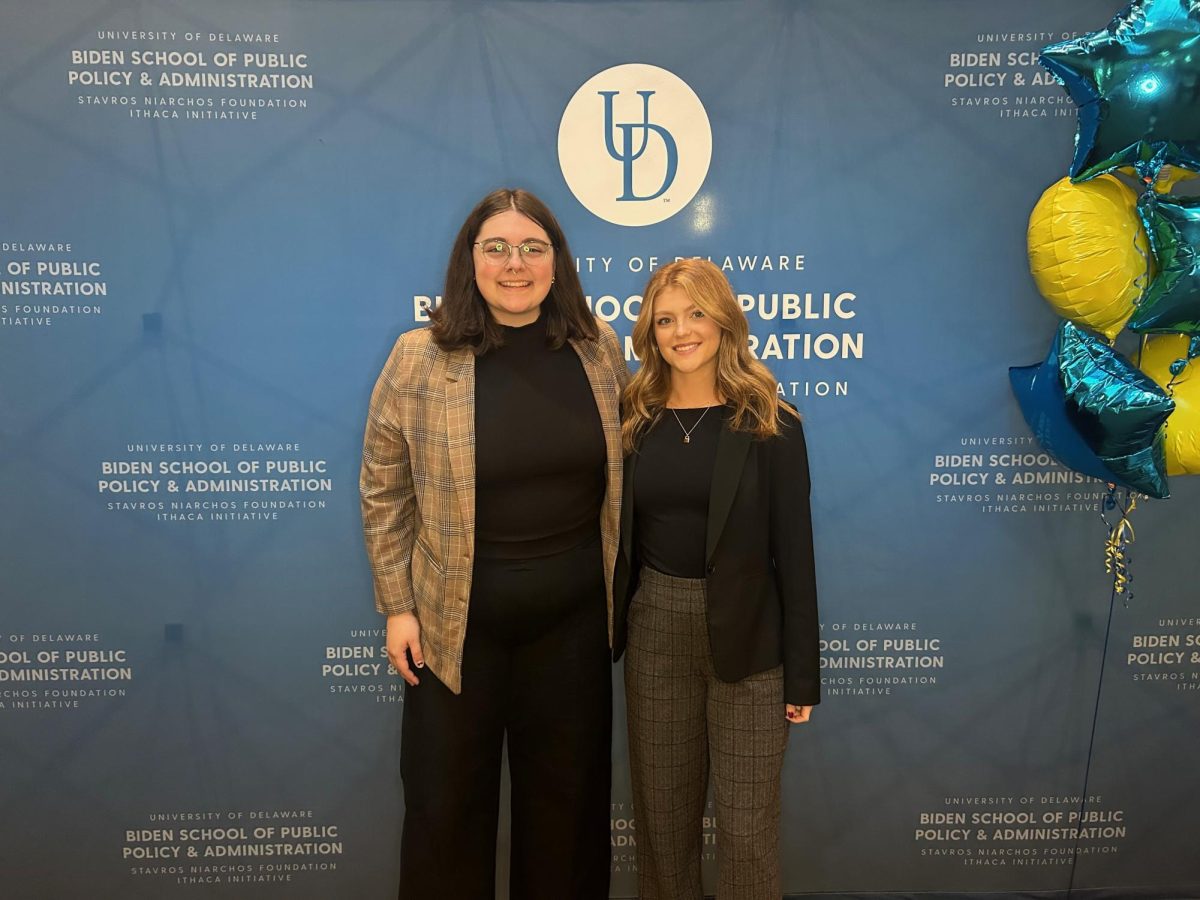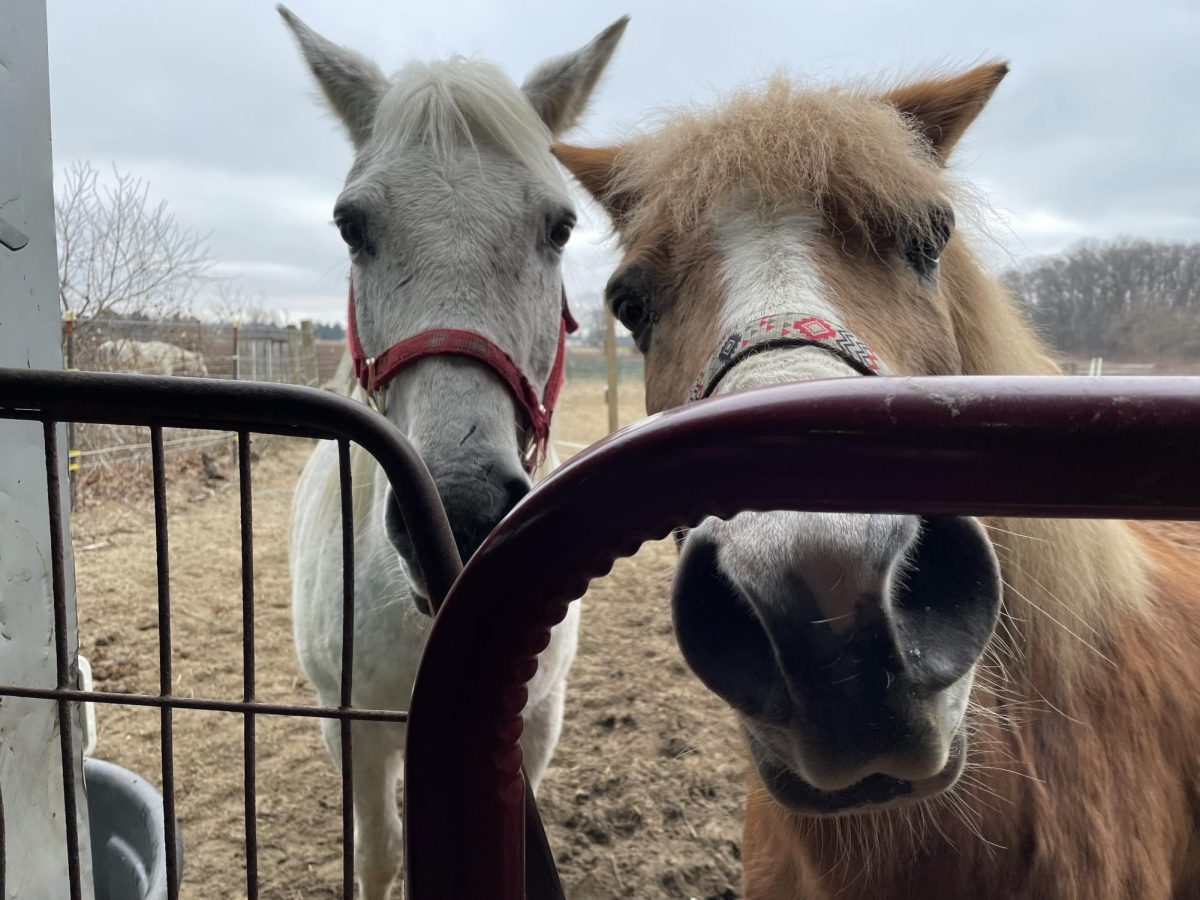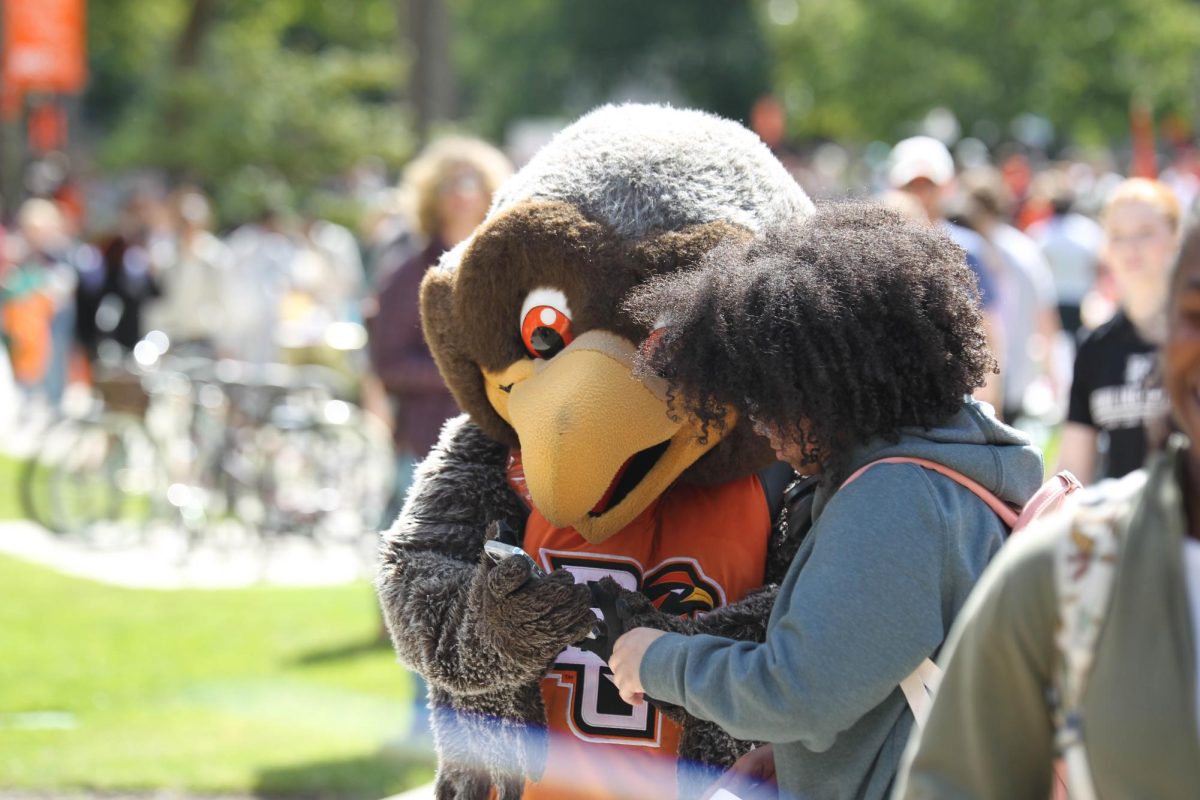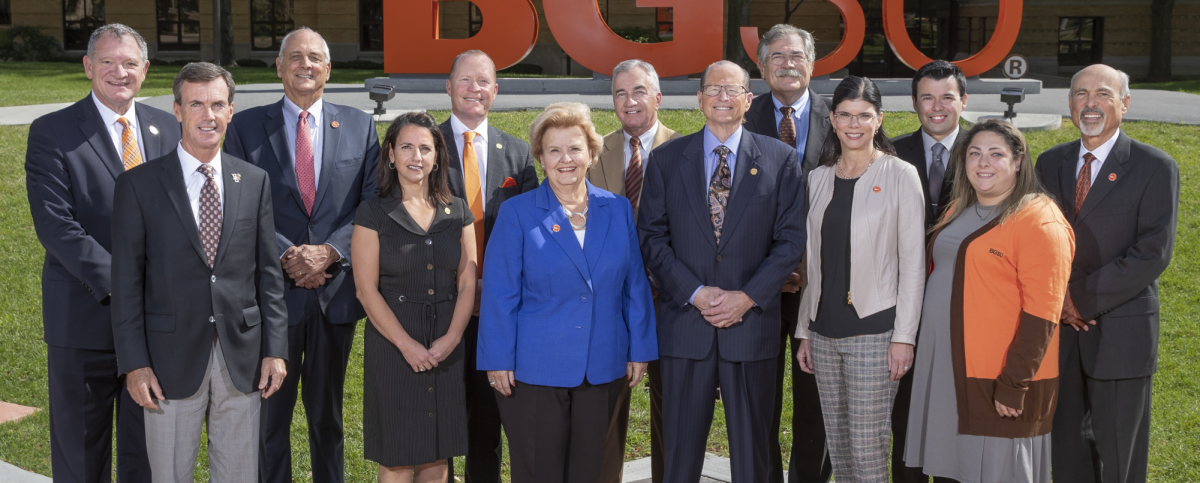Reporter’s Note: To watch Wottle’s race, click here
Dave Wottle was never losing the men’s 800-meter race at the 1972 Olympic Summer Games in Munich. He was just waiting for the right moment to kick into high gear.
Trailing all six runners more than halfway into the race, Wottle ignited. He blazed by competitors from West Germany, East Germany and Great Britain.
But Wottle, a University track and cross-country runner, only had about 180 meters to overtake two Kenyans and the USSR’s Evgeni Arzhanov, a superpower who hadn’t lost a race in four years.
Nearly impossible.
Yet with the sheer will to win, Wottle used his devastating finishing kick during the race’s final stretch and defeated Arzhanov by three-hundredths of a second for the gold medal. He finished the half-mile race with a time of 1:45.86.
“I’m probably just as amazed as anyone that I won. I can’t believe I made up that gap,” Wottle said 37 years later from his home in Germantown, Tenn. “I was jumping up and down inside. It felt pretty good.”
Wottle’s comeback victory is considered one of the greatest feats in United States Olympic competition.
Not only did he become the first American to win the 800, Wottle was the first of seven former University students to win an Olympic medal.
Tonight’s 2010 Olympic Winter Games in Vancouver, British Columbia, in Canada marks the first time in 34 years a former student will not be participating in the Winter Olympics (8 p.m., NBC). Although a lack of Bowling Green involvement is disappointing, the absence of a University presence gives others a chance to reflect back on Wottle’s historic victory.
“I think it was the greatest individual athletic achievement in the history of the University in any sport,” said Bob McOmber, former University teammate of Wottle and Bowling Green City Council member. “That, to me, is the most significant accomplishment any individual from BGSU has ever made.”
Getting to the Olympics was a journey in itself. Wottle faced multiple hurdles in his quest for gold.
Within a few months leading up to the Olympics, Wottle suffered a stress in his left fibula, bursitis in his right knee and a fracture on a right fibula.
Then, in the days following the July 1972 Olympic Trials in Eugene, Ore., Wottle developed tendentious in the right knee. The injury severely limited Wottle’s training in the six weeks leading up to the Munich Games.
The 1973 graduate also got married in between the trials and the 800, giving skeptics more reason to believe Wottle’s mindset was weak.
But these critics didn’t know Wottle.
“If he wasn’t so mentally strong, he wouldn’t have won the race. He did everything he could not to lose” said former University teammate Sid Sink.
Sink, who deserved to go to the Olympics according to Wottle, missed the games because of back and hip injuries. It didn’t deprive him rejoicing for his teammate.
“I think we all felt good about it because we all worked hard together,” Sink said. “Once we had success, we pushed each other a lot.”
McOmber feels the same way.
“All of us that ran with Dave took some pride in him winning the gold medal, feeling at least we had a little to do with it.”
McOmber said Wottle’s victory was even more amazing because it wasn’t his best event. Primarily a 1500-meter racer, Wottle had little experience in short-distance races.
“The guy won a gold medal running his second-best event while injured. How good do you have to be to do that?” McOmber said. “It’s incredible that he won his second-best event at less than 100 percent. That, to me, describes the immensity of talent.”
Winning the gold medal is not even Wottle’s proudest moment. It comes in a tie with two other achievements: Tying the 800-meter world record at the 1972 trials with a 1:44.43 mark and besting the four-minute mile for the first time.
Wottle is not involved in track today. He is the dean of admissions and financial aid at Rhodes College near Memphis, Tenn., yet doesn’t shy away from his past. He offers amateur runners in middle and high schools life lessons he learned in running such as hard work, perseverance, loyalty and teamwork.
“It’s the individuals that had the influence on me. I would not achieved [my success] without [University coach] Mel Brodt and my teammates at Bowling Green,” Wottle said. “I’m very grateful to Bowling Green and the people at Bowling Green for putting me in a position to compete well at track.”
Even after watching the race hundreds of times, the feat is still astonishing to Wottle. With the brim of his golf hat edging out Arzhanov’s face-first dive by inches across the finish line, the world knew, for one moment in time, Wottle was the best.
“You never get tired of having such good thoughts,” he said.













